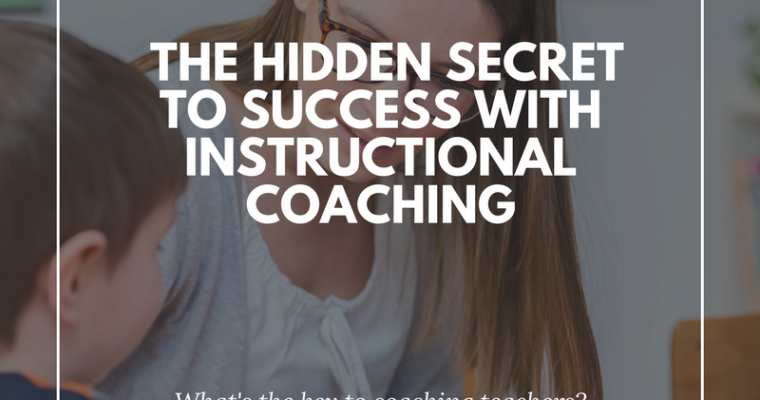Instructional Coaching: Job-Embedded Professional Learning and Compensation
If you’ve been in education longer than a decade, you likely experienced (or heard legends of) the teacher compensation model that encouraged continuous learning at post-secondary institutions. This paralleled state licensing that required graduate credits as part of the license renewal process. The “steps and […]

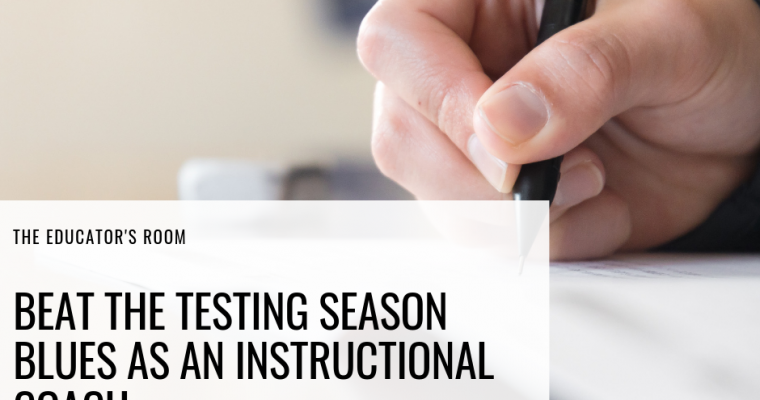
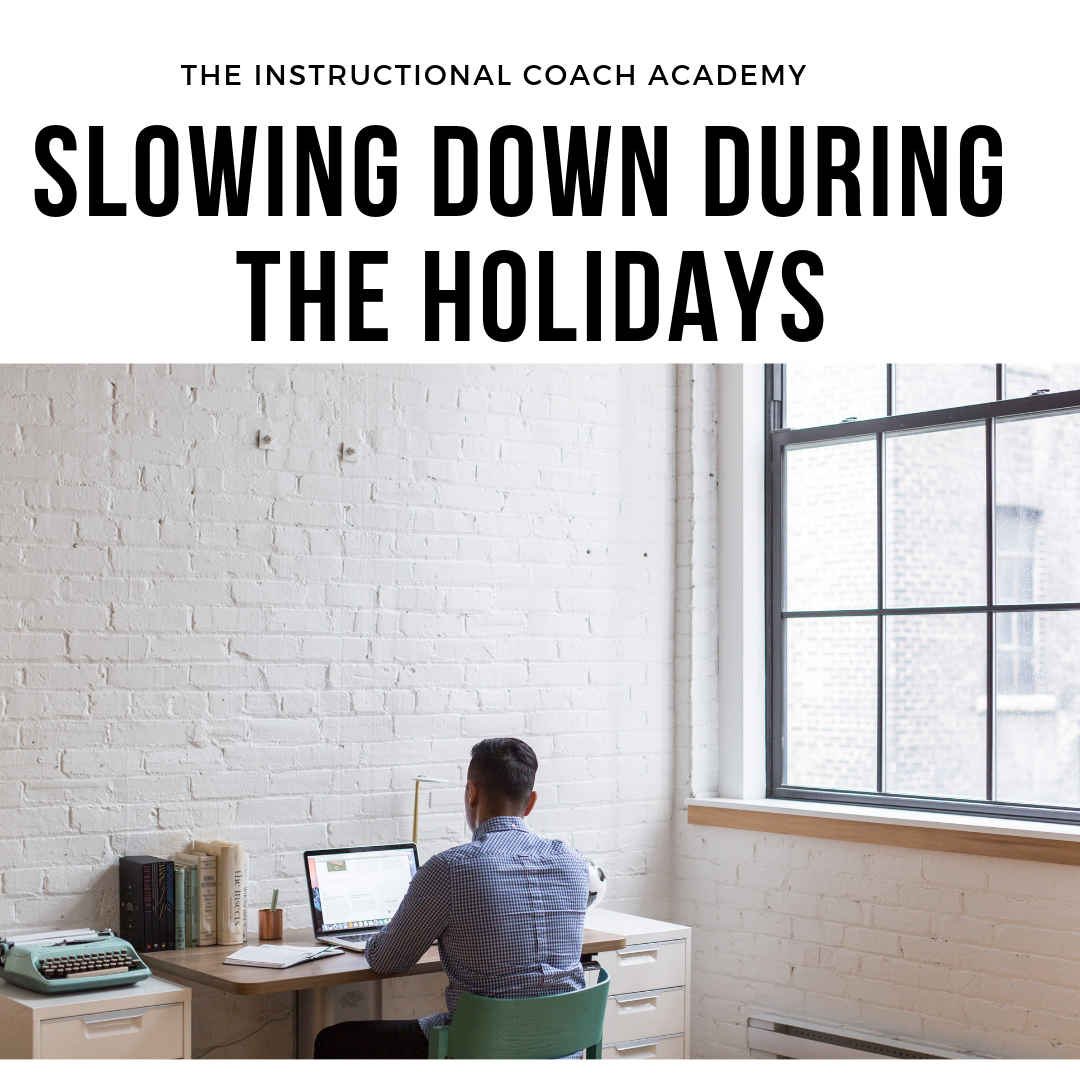
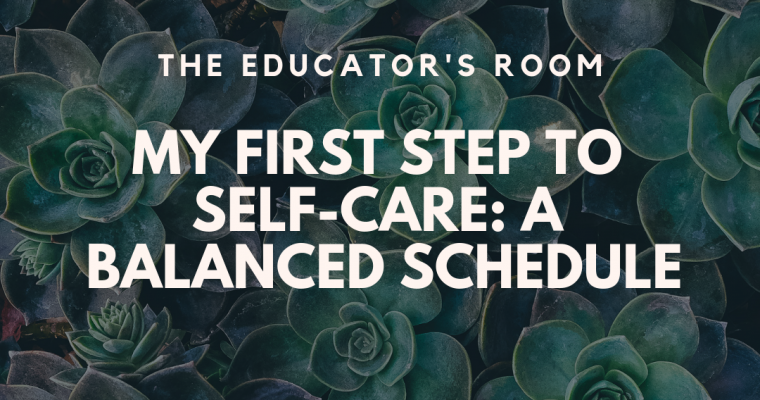

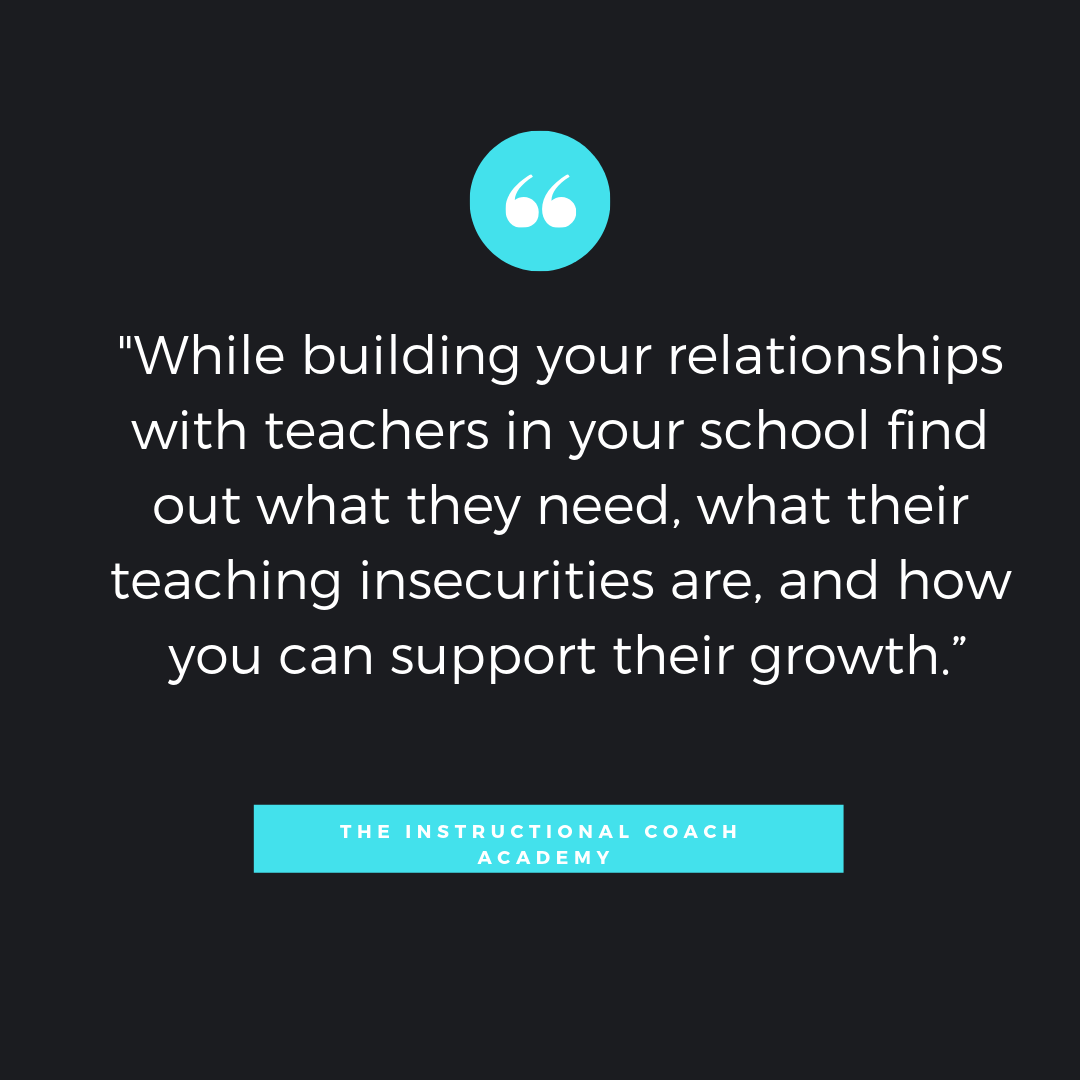

![[Instructional Coach Chronicles] Working With a Teacher You Don’t Like](https://theinstructionalcoachacademy.com/wp-content/uploads/2018/04/the-instructional-760x400.png)

